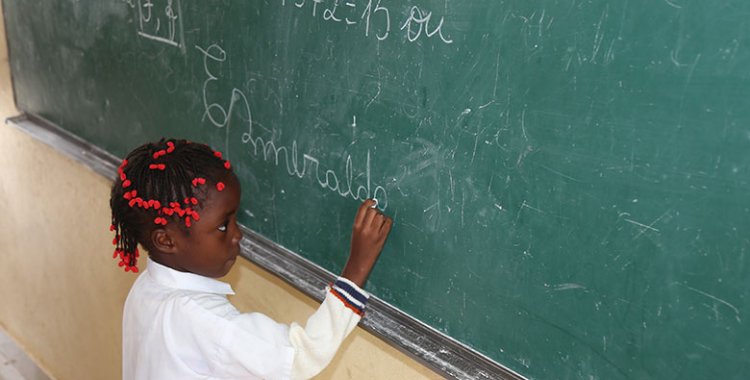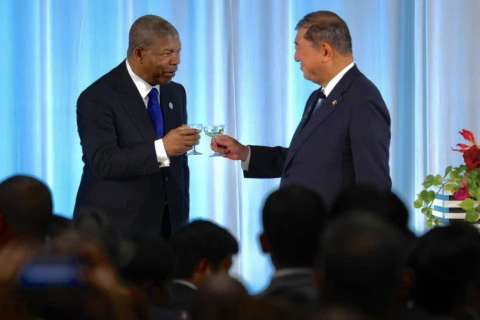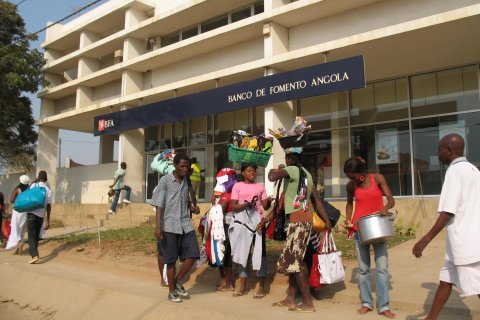Speaking at the 1st International Conference on Angolan Languages in the Education and Teaching System, the minister said that it is known that "for a person to know how to read and write, they need to be taught in their own language and not in another".
"It is well known that for a person to know how to read and write, he must be taught in his own language and not in another, since a person who is taught in a language other than his does not learn quickly enough, since everything that is taught to him teaches will be an unknown subject for her. Anyone who does not know their language will not understand the other's language even if they teach it rigorously", said the minister.
During her speech, she also referred that the "insertion and school use of Angolan languages in the education system is an imperative enshrined not only in our constitution, but also in the basic law of the education and teaching system and the curricular transformation understood ."
"The much-desired improvement in the quality of teaching also involves including local knowledge generally expressed in our mother tongues in the curriculum, given that in Angola the mother tongue of a child can be a Bantu language, an African non-Bantu language or the European language of the historic heritage," she added.
Already speaking to the press after the opening of the event, the official made it known that the tutelage, in collaboration with other entities, are doing everything in order to determine the model of the language to be taught to the students, considering the variety of variants that languages present in the country.
Luísa Grilo also considered that for the introduction of these languages in teaching to take place in the next school year, teachers need to be equipped with linguistic notions and also be able to teach to students.
She also considered that it is not enough to speak Umbundu, Cokwe or Kimbundu if they wish to include the national languages in teaching and stressed that teacher training is essential for success, among other aspects.
She also took the opportunity to mention that the authority, via the National Institute for the Assessment and Development of Education (INADE) and together with the Institute of National Languages (ILN) and the Ministry of Culture and Tourism, did everything to make the conference a reality, aiming at exchanging experiences with national and foreign specialists.
She also considered that this matter will allow the national specialists who attended the event to collect information that will help define a strategy to be followed in the procedure for introducing languages into the school curriculum and added that the event constitutes "starting points for many projects and activities joint initiatives between the two ministries, namely the Ministry of Education and Culture and Tourism regarding the insertion, use and promotion of Angolan languages in the education and teaching system, based on research and studies carried out by universities and specialized institutes".
About these institutions, the minister argued that they should make "their academic production" available to the guardianship to "help and consolidate, quickly and safely, the teaching of Angolan languages, as the basis for future teaching in Angolan languages".
According to the 2014 Census, Portuguese is spoken by more than half of the population, around 71 percent. This is followed by Umbundu (23 percent), Kikongo (8 percent) and Kimbundu (8 percent).
Data that Luísa Grilo considered that "should draw attention to the asymmetries created in the exclusive use of the Portuguese language in teaching".
In turn, Pacheco Francisco, Secretary of State for Pre-School Education and Primary Education, considered that this introduction of languages will bring hope and prosperity to teaching and learning.
"We hope that the specialists who participated in the conference have discussed what mechanisms to adopt for the insertion and use of the languages spoken in Angola at school, because only in this way will the path towards the insertion of the languages that until now have been less used in our education system be resumed. Education and Teaching," said the person in charge, quoted by Angop.







